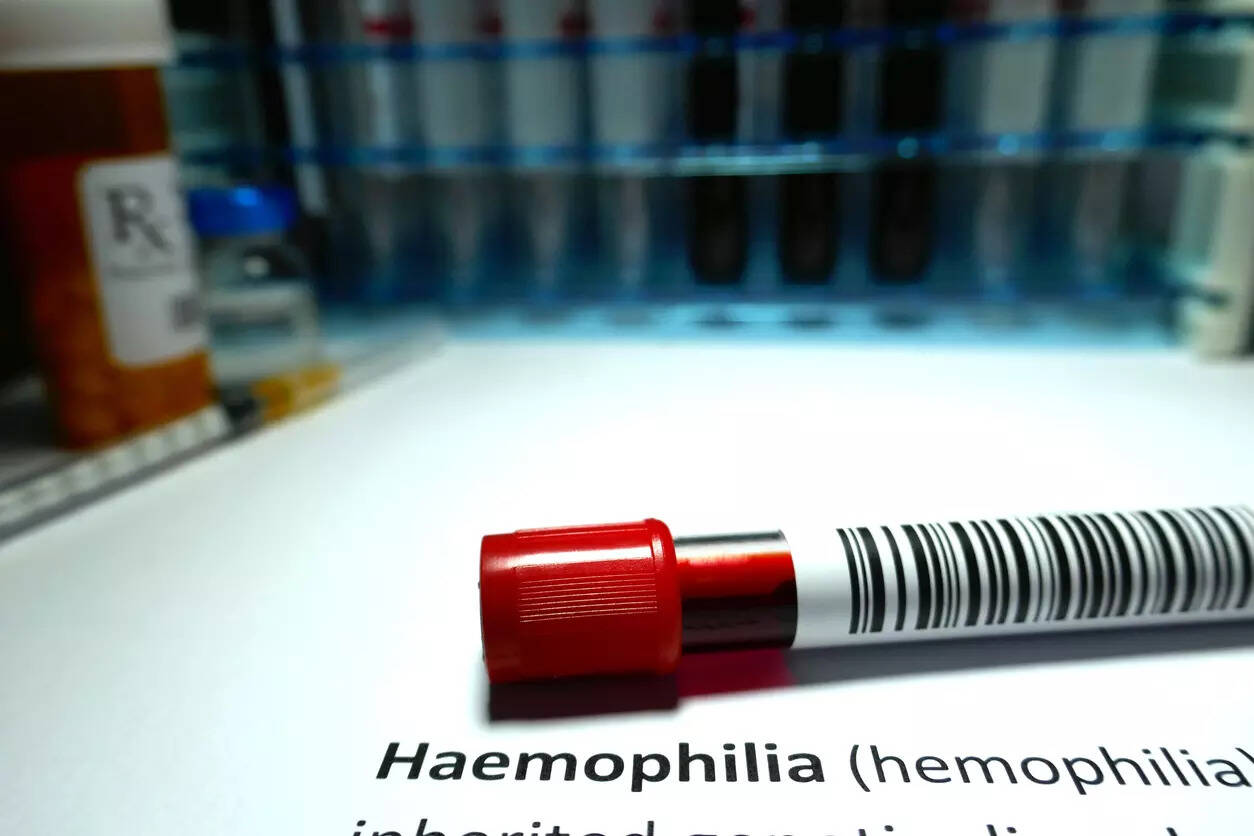
A new study will test microbiome biotech BiomeSense’s at-home gut microbiome monitoring technology in a collaboration with probiotic developer Pendulum Therapeutics.
The study is small, but BiomeSense’s GutLab technology will allow regular gut microbiome monitoring in the participants’ homes, something that could allow a precision medicine approach to microbiome monitoring and treatment in the future if successful on a large scale.
The study will specifically look at levels of Akkermansia muciniphila, a bacterial species thought to play a key role in gut health. People with lower-than-normal levels of this bacteria in their gut have higher than average rates of obesity, diabetes, and inflammation, as well as higher gut permeability, which can lead to health problems.
Based on these earlier findings, Pendulum produces a dietary probiotic supplement of A. muciniphila. “Akkermansia is often referred to as a keystone strain because it plays such an important role in helping maintain our health and longevity,” explained Adam Perlman, chief medical officer at Pendulum Therapeutics and one of the co-principal investigators of this study, in a press statement.
“Being able to measure Akkermansia levels in people over time is a total game-changer for conducting microbiome research and understanding the impact of products like ours,” Perlman added.
BiomeSense is a microbiome startup that spun out of the University of Chicago in 2018. It is trying to answer one of the common criticisms of gut microbiome studies by creating technology that can allow study participants to easily and regularly measure their gut microbiome composition and allow the collection of large longitudinal datasets.
GutLab is a fairly small and portable piece of equipment and is designed to be automated and easy to use so study participants can easily add samples to the machine in their own bathrooms. Combined with the company’s AI-powered MetaBiome analysis platform it allows for accurate data collection.
“Being able to measure Akkermansia levels in people over time is a total game-changer for conducting microbiome research and understanding the impact of products like ours,” said Perlman.
The current study will measure levels of Akkermansia bacteria in 10 active participants and five controls over a period of 14 weeks. Part of the study will involve some of the participants taking two different dose levels of Pendulum’s Akkermansia supplements. The study is expected to finish before the end of the year.
“The dense longitudinal data collection offered by GutLab and MetaBiome provides unprecedented insights into the dynamic nature of the gut microbiome. This transformation in data quality and frequency is essential for advancing our understanding of microbiome-related health and disease,” said Jack Gilbert, co-founder of BiomeSense and professor, associate vice chancellor, and director of the Microbiome and Metagenomics Center at the University of California, San Diego.









![Best Weight Loss Supplements [2022-23] New Reports!](https://technologytangle.com/wp-content/uploads/2022/12/p1-1170962-1670840878.png)




